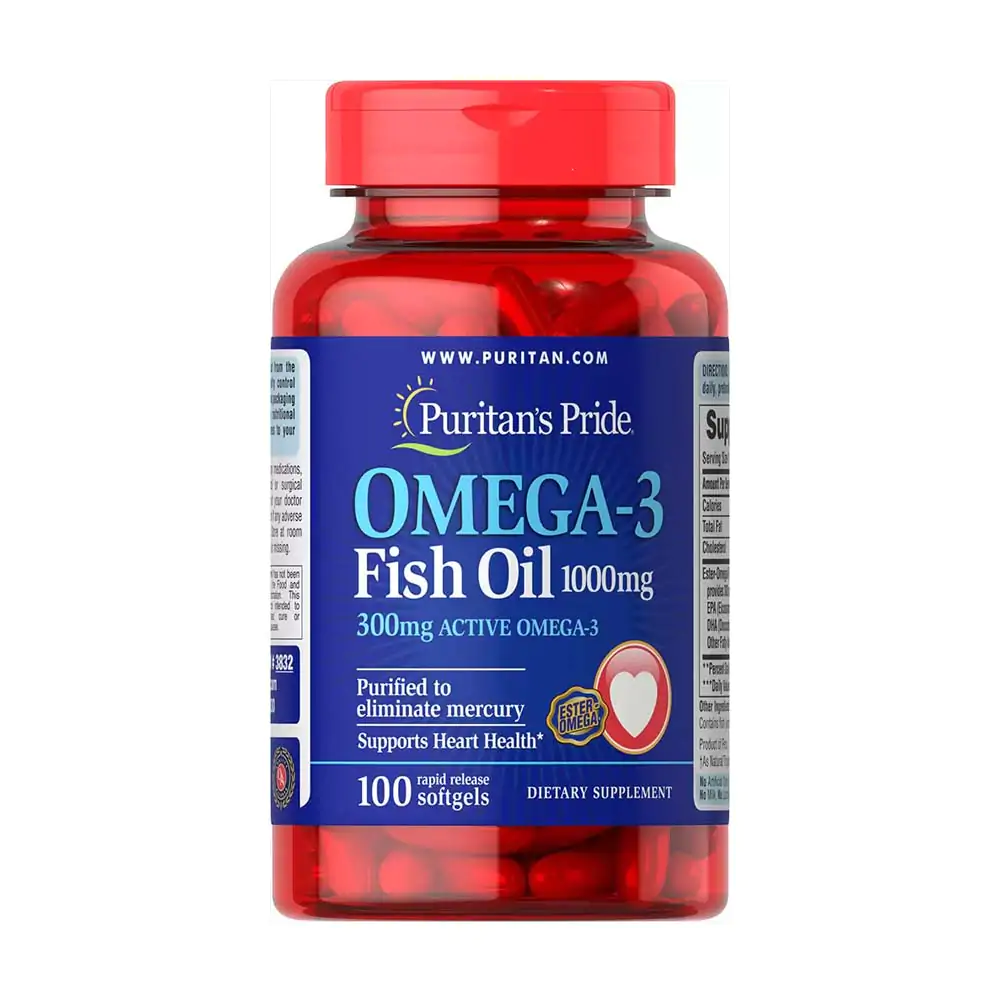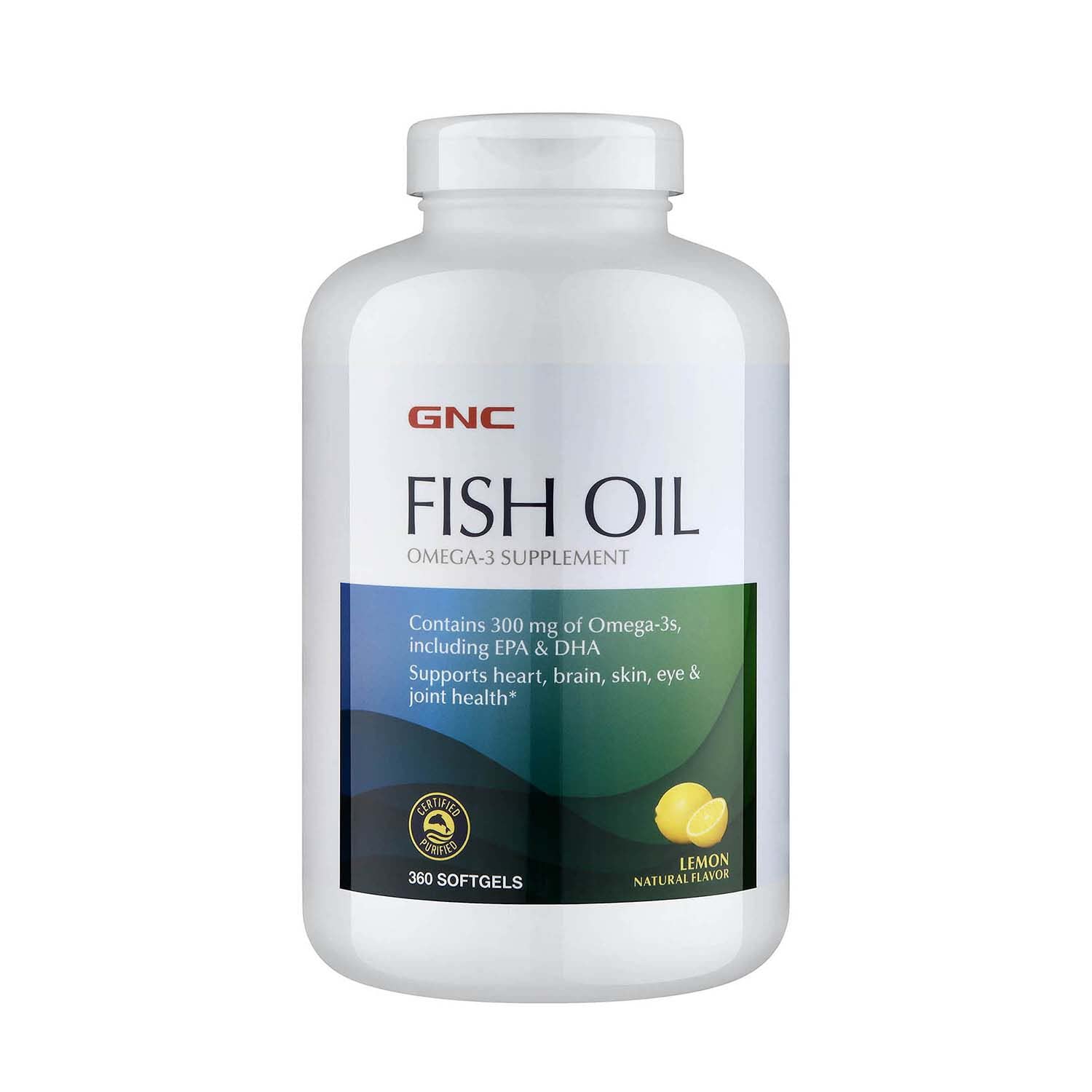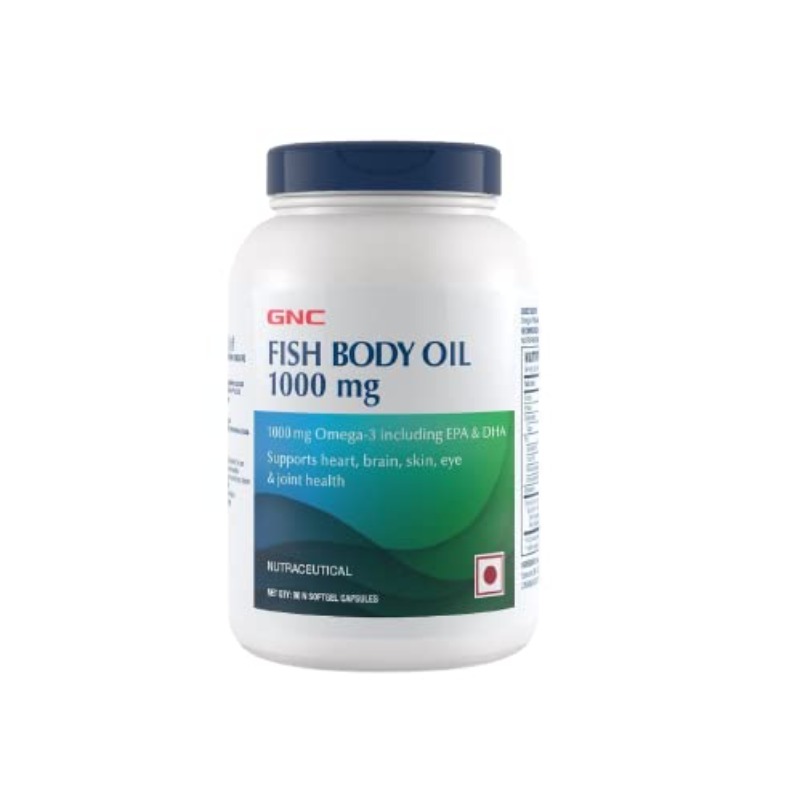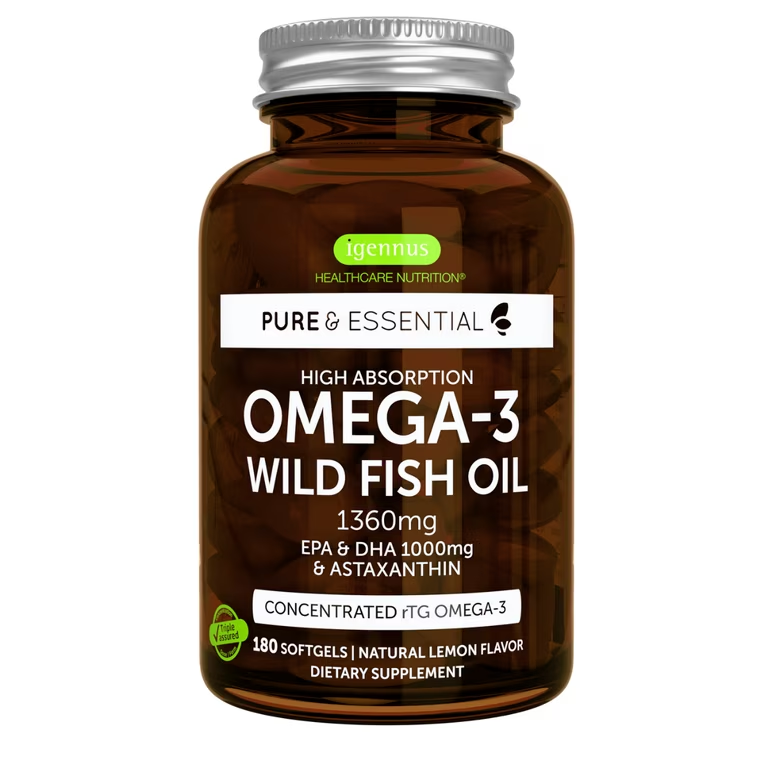
When Is the Best Time to Take Fish Oil? Morning or Evening
When Is the Best Time to Take Fish Oil?
Fish oil is celebrated for its numerous health benefits. These include promoting heart health, reducing inflammation, and supporting brain function. However, many people wonder about the best time to take fish oil. This is an important question. The timing of fish oil consumption can influence its effectiveness. Therefore, understanding the optimal timing is essential for maximizing its benefits.
Understanding Fish Oil and Its Benefits
Fish oil is rich in omega-3 fatty acids. These essential fats cannot be produced by the body. Therefore, they must be obtained from dietary sources. Omega-3 fatty acids are known for their anti-inflammatory properties. They help in reducing risks associated with heart disease. Additionally, omega-3 fatty acids support cognitive function and mental health. Regular consumption can improve overall well-being.
Incorporating fish oil into the diet offers numerous advantages. It is beneficial for cardiovascular health. Studies show that individuals with higher omega-3 levels have lower mortality rates from heart diseases. Fish oil can also assist in lowering blood pressure. This is particularly helpful for those managing hypertension. Moreover, fish oil appears to enhance cognitive function. It has been linked to reduced risks of cognitive decline and depression.
In addition, fish oil benefits joint health. Omega-3 fatty acids reduce symptoms of rheumatoid arthritis. They can alleviate stiffness and joint pain significantly. As a result, many individuals find increased mobility and improved quality of life. Furthermore, fish oil supports eye health. Omega-3 fatty acids play a crucial role in maintaining vision. Therefore, those concerned about eye health should consider supplementation.
Despite its benefits, the timing of fish oil ingestion is significant. It’s essential to understand how to incorporate it effectively into daily routines. Consistency in taking fish oil is crucial for achieving long-term benefits. The next section will explore various timings for taking fish oil to maximize its effects.

Morning Versus Evening: What Works Best?
Choosing whether to take fish oil in the morning or evening can impact its effectiveness. Many individuals prefer to take it in the morning. This allows them to start their day with a health-conscious choice. Additionally, taking fish oil in the morning can promote consistent daily habits. However, others find that taking fish oil in the evening suits their regimen better.
One benefit of morning consumption is enhanced absorption. When taken with breakfast, fish oil may have better digestive outcomes. Consuming it with a meal typically encourages proper absorption. Fat-soluble fish oil combines well with dietary fats. Hence, it might be preferable to take fish oil during the first meal of the day.
On the other hand, those who experience stomach discomfort from fish oil may prefer evening consumption. Taking it before bedtime can mitigate potential gastrointestinal issues. Moreover, this timing can enhance overnight recovery and rejuvenation. For those engaged in regular physical activities, evening intake aligns well with muscle recovery needs.
Consistency is crucial when determining the optimal time. The body requires steady levels of omega-3 fatty acids. This can only be achieved through regular intake regardless of the timing. Therefore, individuals should select a time that promotes adherence to their supplementation routine.

Factors Influencing the Best Time to Take Fish Oil
Individual health conditions can significantly influence the best time to take fish oil. For instance, those with specific health goals may benefit from targeted timing. If the goal is reducing inflammation, taking fish oil post-exercise could be advantageous. Omega-3 fatty acids can help muscle recovery and decrease soreness.
Additionally, gastrointestinal concerns can play a role in determining timing. Individuals prone to digestive issues may experience discomfort when taking fish oil on an empty stomach. Hence, they should consider taking it with meals. This approach reduces the risk of nausea or upset stomach. Factors like age and lifestyle also matter. Older adults may want to take fish oil at a specific time to coincide with medication schedules.
Moreover, dietary habits can influence timing choices. For instance, incorporating fish oil into a high-fat meal can enhance absorption. It is advisable to consume omega-3s with fats to maximize benefits. Meals rich in healthy fats, like avocados or nuts, can be ideal partners for fish oil. This strategy can help individuals who have difficulty swallowing supplements.
In addition, it’s essential to consider medication interactions. Some medications may interfere with the absorption of fish oil. Consulting a healthcare professional can provide clarity on timing and potential interactions. This personalized approach ensures individuals receive the maximum benefits of fish oil while avoiding adverse effects.
Dosage and Supplement Types Matter
While timing is crucial, dosage also has significant implications regarding the effects of fish oil. Proper dosage ensures individuals receive sufficient omega-3 fatty acids. The recommended dosage varies based on health goals and individual needs. Consulting a healthcare provider is advisable to establish an appropriate dosage regimen.
There are various forms of fish oil supplements available. Options include capsules, liquids, and gummies. The chosen form can also influence the best time for consumption. For instance, liquid forms may be more palatable when mixed into meals. Meanwhile, capsules offer convenience for on-the-go lifestyles.
In terms of dosage timing, taking fish oil with meals is often beneficial. Consuming fish oil with food aids in digestion and maximizes absorption. Additionally, dividing the total daily dosage into multiple smaller doses can enhance effectiveness. This method avoids overwhelming the digestive system while maintaining consistent omega-3 levels.
For individuals seeking weight management benefits, timely consumption is essential. Integrating fish oil into a balanced diet can promote satiety. Omega-3s help regulate hormones responsible for fullness. Consequently, timing fish oil with meals can assist in curbing appetite and support weight loss efforts.
Understanding the various forms of fish oil and their benefits empowers individuals to make informed decisions. The goal is to select a type and timing that aligns with personal health objectives. Careful consideration of dosage and supplement type contributes to the overall efficacy of the fish oil regimen.

Understanding Possible Side Effects
While fish oil offers numerous benefits, it may also lead to side effects. Awareness of these potential side effects is essential for safe consumption. Common side effects include gastrointestinal discomfort, such as nausea and diarrhea. These effects often stem from taking fish oil on an empty stomach.
To minimize side effects, individuals should consider timing. Taking fish oil with food can reduce gastrointestinal discomfort. Additionally, spreading out the doses throughout the day may help in mitigating side effects. This can prevent overwhelming the digestive system with high concentrations at once.
Another consideration is blood thinning effects. Omega-3 fatty acids can thin the blood, leading to increased bleeding risks. Those taking anticoagulant medications should consult healthcare providers about timing and dosage. It’s crucial to maintain a balance between enjoying the benefits of fish oil and managing potential interactions.
Fish oil can also cause a fishy aftertaste or breath. Some individuals may find this unpleasant. Choosing high-quality supplements with enteric coating can help minimize this issue. Additionally, pairing the supplement with citrus or mint-flavored foods can help mask aftertaste.
While fish oil is beneficial, recognizing possible side effects can lead to better choices concerning timing and consumption. Awareness allows individuals to enjoy the multitude of health benefits without unwanted discomfort. Overall, informed decisions enhance the fish oil experience and contribute to successful supplementation.

Seeking Professional Guidance
Consulting a healthcare professional is advisable when considering fish oil supplementation. Personalized recommendations can help determine the best timing, dosage, and type for individual needs. Additionally, healthcare providers can offer insights into specific health goals and conditions that may affect supplementation.
For those with existing health issues, professional guidance is particularly critical. A healthcare provider can assess individual risk factors and recommend the most suitable approach. This tailored guidance ensures safety and effectiveness while receiving the benefits of fish oil. Moreover, professionals can monitor the effects over time and adjust recommendations as necessary.
Individuals who are pregnant or breastfeeding should seek advice before starting fish oil supplements. Omega-3 fatty acids play a crucial role in fetal development. However, proper guidance ensures that appropriate sources and dosages are consumed safely. Similarly, those with allergies, particularly to fish or shellfish, should exercise caution. Professionals can recommend alternative sources of omega-3 fatty acids, such as flaxseed oil or algal oil.
In addition to medical advice, individuals should consider lifestyle approaches. Overall dietary habits and physical activity play a role in health outcomes. A healthcare provider can offer comprehensive wellness strategies that incorporate supplementation effectively.
Ultimately, seeking professional guidance enhances the fish oil experience while ensuring safe and effective practices. This proactive approach can lead to long-term health benefits and improved quality of life.

Conclusion: Optimizing Fish Oil Intake
Determining the best time to take fish oil involves several factors. Consideration of personal health goals, tolerability, and individual schedules is essential. While both morning and evening consumption has its merits, the ultimate choice should reflect personal preferences and needs. Consistent intake remains paramount for achieving health benefits over time.
Proper understanding of fish oil and its advantages encourages informed decision-making. Recognizing dosage, form, and timing ensures optimal absorption and effectiveness. Individuals committed to enhancing their health should prioritize fish oil, but adaptation is crucial.
Additionally, being mindful of potential side effects allows individuals to approach this supplementation thoughtfully. Awareness helps mitigate discomfort while maximizing positivity. Seeking professional guidance ensures personalized recommendations based on individual health profiles.
In conclusion, a balanced approach to fish oil consumption can lead to numerous health benefits. Reviewing considerations enables individuals to harness omega-3 fatty acids’ full potential. Consistency, optimal timing, and professional advice contribute to successful supplementation. Through proactive management, fish oil can become an integral part of a health-focused lifestyle.

